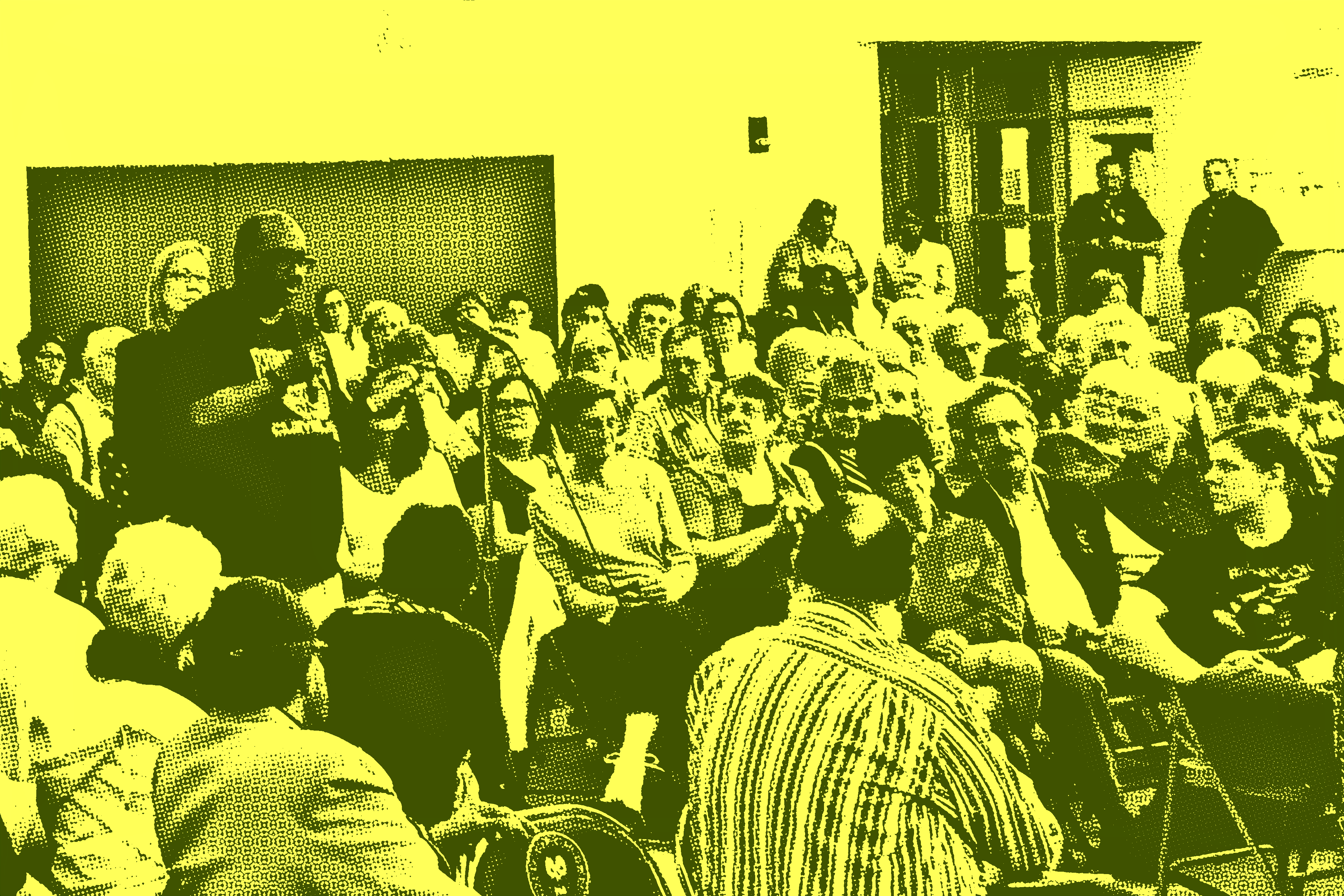it's okay to not know how to do this
in my classroom, when i see my students aren't engaging in something, i ask them what they need. more often than not, they simply aren't sure how to start.
western culture teaches us that you should know what you are doing before you begin. in my classroom and in my life, i find that often the most valuable learning cannot happen until we have already begun.
this newsletter is a gathering of resources and reminders as many of us begin to advocate for a free Palestine.
we don't have to know, we can learn
we are blessed with the long memories of modern record keeping and the deeper knowledge that comes from ancestral wisdom. we can look for wisdom and inspiration from organizing against the Iraq war, against South African apartheid, against the Vietnam war, against segregation and racial violence in the united states, against colonialism across the globe. like these fights, the fight for a free Palestine will not be a short one. we have movement elders who can tell us what they've learned. we can lean into the fact of resistance in our lineages; we did not get here without the survival of many generations before us. we can listen and remember.
i recommend this talk from a collection of organizers deeply grounded in a variety of traditions.
we can use the power we already have
each of us has spaces and means over which we have control, and these can be offerings to a world where Palestine is free and the status quo of white supremacist, capitalist imperialism is instead under siege.
what spaces can you foster conversation in? where can your presence bolster the feelings of solidarity and community that sustain a movement? what can you challenge through providing or withholding your resources through donations and boycott? how will you refuse to be coopted into the complicit comfort of turning away?
most of my readers are americans. we all have so much power at our disposal, despite inequities among us, and we must use it to create friction against acceptance of the ongoing genocide against Palestinians and the broader systems of imperialism and racial capitalism that created these atrocities as well as others across Sudan, Congo, Haiti, and beyond.
surely, the very least we can do is consistently name what is happening and that we oppose it? even if we have lost our faith in the political systems of this supposed democracy, surely we can make the small effort of using them to oppose a genocide?

we don't have to be perfect
you don't have to say the exact right words or come across as a "good person" in every interaction. yes, there is a culture of persecution within liberal spaces around not using language perfectly and especially around speaking up against zionism, but this culture is not one we should let silence us. this culture will not free us. this culture will not help us create the world we want.
Our movements are not driven by getting the words just right. They are driven by the goal of enacting change through collective struggle as we endeavor to both understand ideas and turn them into action. Fumbling is inevitable, but as Gilmore tells us, “practice makes different.”

we are only responsible for using what we have to create the world we want.
as always, i hope this was useful.
with hope,
katie wills evans


